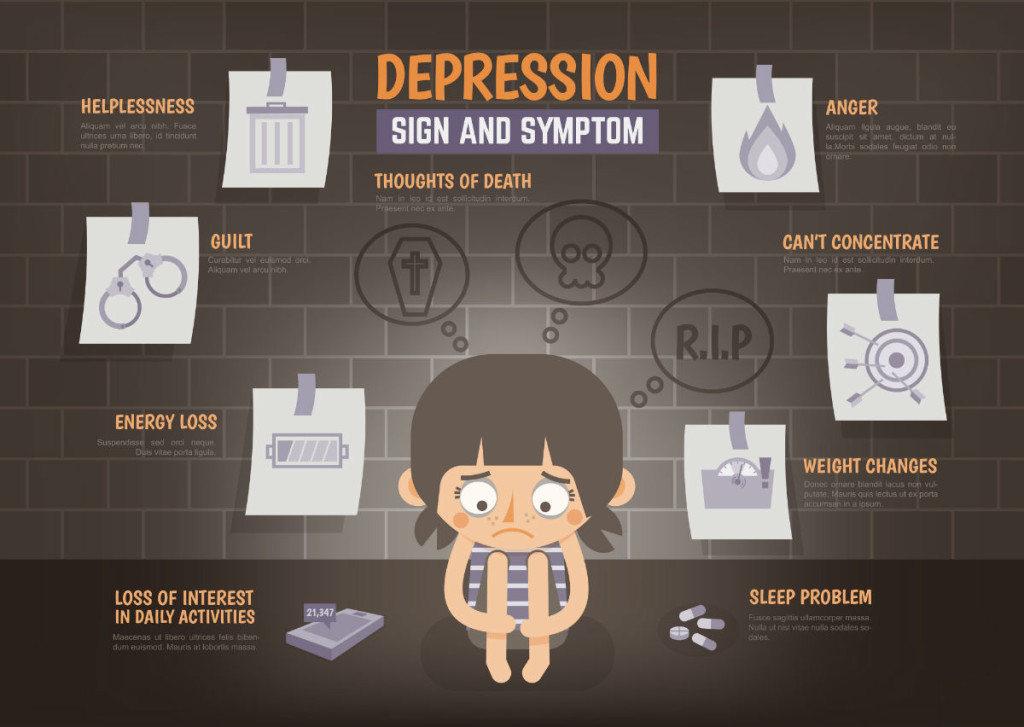When we are being bullied, it can be excruciating and embarrassing…even shameful. But these feelings can be overcome. There is no reason to bring them into the future with you. The best revenge you can give a bully is to show YOURSELF that you are much more than the way some other person made you feel.
Miley Cyrus, Lady gaga, Demi Lovato, and even Justin Timberlake have shared stories of bullying and harassment at a young age. Miley’s classmates locked her in a washroom, Gaga was harassed for her unique style, Demi Lovato’s peers made her the target of “hate petitions”, and Justin was bullied for being overly artsy in school. All of these artists and mega millionaires didn’t remain stuck in their bully’s emotional grasp. They moved forward, followed their passions, and are incredible success stories.
The take away lesson from this is a blunt one – move on. It’s possible to move past the destruction that bullying can cause. Those of us who understand that we are all capable of being happy, confident, and successful regardless of our life experiences have learned this hard lesson over a multitude of years and trials. But how, as parents, can we teach this lesson to our children?
How Can I Help My Child Overcome Their Bully?
Parents may think that their backs are up against a wall, that the only way to help their child overcome a bully is to change schools or to move out of town completely. You may feel the need to step in and take control of the situation if it has gone too far. Perhaps, this is a situation your child can handle on their own given the right tools. We have this list of solutions for parents. Four simple ways to help your child get rid of their bully.




How Do I Help My Child Emotionally Navigate a Bullying Situation?
- Offer Validation and Understanding. Acknowledge the tender emotions that they are feeling. One of the worst things you can do is to shut down how they are feeling. This happens without even realizing it sometimes. For example, you might be in a hurry to get somewhere or do something and you tell your child you’ll “talk about it later.” If you’re down playing or belittling their feelings, you may appear as insensitive as the bullies they’re facing at school. Being the hero you are, you may immediately jump to the part of the conversation where you explain why bullies are the way that they are. Instead, acknowledge that your child is hurting from the abuse. Offering validation allows you to connect on your child’s level, build trust, and let your child know you are a safe place to turn when they are struggling with this and issues yet to come.
- Be A Role Model. Be a good role model for them. When your child comes to you talking about their rough day, it is easy to say, “That sucks. That kid sure is a jerk” and leave it at that. Your child learns to accept negativity as an ultimatum rather than a hurdle. Your child will learn to react to problems based on the way they see you do. Turn it into a productive and motivating conversation.
- Exude Positivity. Bullying puts a person down. They internalize what is being said to them and can begin to believe those negative comments. While growing up, kids rapidly absorb new information to help their developing cognition take in the massive and intense world around them. When a negative comment is the first thing that your child hears about an aspect of him or herself, it gets “first dibs” in that part of your child’s attitude Your child values your opinion most, whether they act like it or not. When your daughter is picked on for being bigger and stronger than the boys, turn the conversation around to the positive aspect to that comment. After all, isn’t it a compliment to be strong?
- Create and Hold Space. Form a safe, accepting space for your child to express their emotions without being judged. Your child might project their anger onto you. It is NOT your fault. Don’t take it personally and stay patience. Let the emotion come out and then pass. After a few breaths, come back to the conversation with your child. Understand that they are going through a lot of discomfort and are still learning to cope with complex emotions. Coping with emotions, first and foremost, means to let the emotions express themselves. Easier said than done, but we are here to help.
- Understand Gender-Specific Social Issues. Teenage boys and girls both have different types of peer pressure and bullying to deal with. As kids get older, they begin to explore and experience more of the world in front of them. This is a beautiful unfolding process, but also can and probably will be terrifying. The struggles that your son is facing may be completely different than what your daughter is confronting because of social expectations.
You are a role model for your child in the midst of their bullying struggles. Help your child learn from the experience in a loving, supportive way. Just because someone says something, it does not mean that it is true. You know this, but your child probably doesn’t. Kindly remind your kid that it is ok to not take things said or done to them personally. Model the strength and confidence that you want them to exude. Allow and encourage your child to discover and express their emotions and talents in a healthy way whether that is through sports, music, playtime or hanging out with friends. Help them build themselves up rather than putting down the bullies.
How do we address bullying behavior in kids?
What kind of kids become bullies? Do those teens continue bullying behavior into adulthood?
The answer is not so simple according to Susan Swearer, a professor of school Psychology at the University of Nebraska in the Department of Educational Psychology. She says, “If we conceptualize bullying from a social-ecological perspective, there is no way to ‘profile’ a bully. If the conditions in the environment are supportive of bullying, then almost anyone can bully…”
“In one study, we found that kids who were bullied at home by siblings and/or relatives were more likely to bully at school.”
“…So, you can see that the dynamic is complex and crosses all areas in which we all function – in our community, family and schools. We do know that if left untreated, children who learn that bullying is an effective way to get what they want are likely to continue bullying behavior into adulthood. Thus, it is critical to intervene and stop the bullying during the school-age years.”
- Observe Your Kid’s Behaviors. There are different behaviors to look for in troubled teen boys and troubled teenage girls. You can talk to your child about what is going on in their lives or reach out to teachers, coaches, and their friends or their friends’ parents for additional perspective.
- Find A Solution. You must accept that there is a problem to get some resolution. Seek assistance if necessary. Reach out to us for help, or go to someone who you and your child know and trust.
- Change Behaviors At Home. Shifting the expectations at home is also important to long-term sustainable behavioral change. Glenn Kashurba, a board-certified adolescent psychiatrist says, “You want to reinforce the positive behaviors, reinforce the pro-social behaviors, and reinforce the things you really want to see. You want to stay away from intentionally or inadvertently reinforcing the behaviors you do not want to see.”
- Show Them Love and Support. Though it is important to discipline your child, it is also equally vital that you make sure you are showing them love and support. Be mindful to support the behaviors that you actually do. When your teen talks back to you, do you give up on the situation? That is supporting the negative behavior. If your child genuinely apologizes to you or comes back after a heated discussion in a calming, respectful way, do you act apathetic or exhausted by them? That is NOT supporting the positive behavior that you want to reinforce. It is easy to hold grudges to your child for acting out, but it is also so important that you stay consistent with what you expect as acceptable behavior from your child. It will get easier for both of you with time.
“Whether students are involved as bullies, victims, bully-victims (someone who is bullied and who also bullies others) or bystanders, we know that in many cases, depression and anxiety may be co-occurring problems. I always assess for depression and anxiety when I’m working with youth who are involved in bullying. Bullying is a mental health problem,” says Dr. Susan Swearer.
Whether your child is being bullied by peers or is the one picking on others, it is stressful for any parent. You know your child best, but whenever you need some self-assurance or guidance, we are always here to help. For information contact us at 1.800.901.7347.













0 Comments